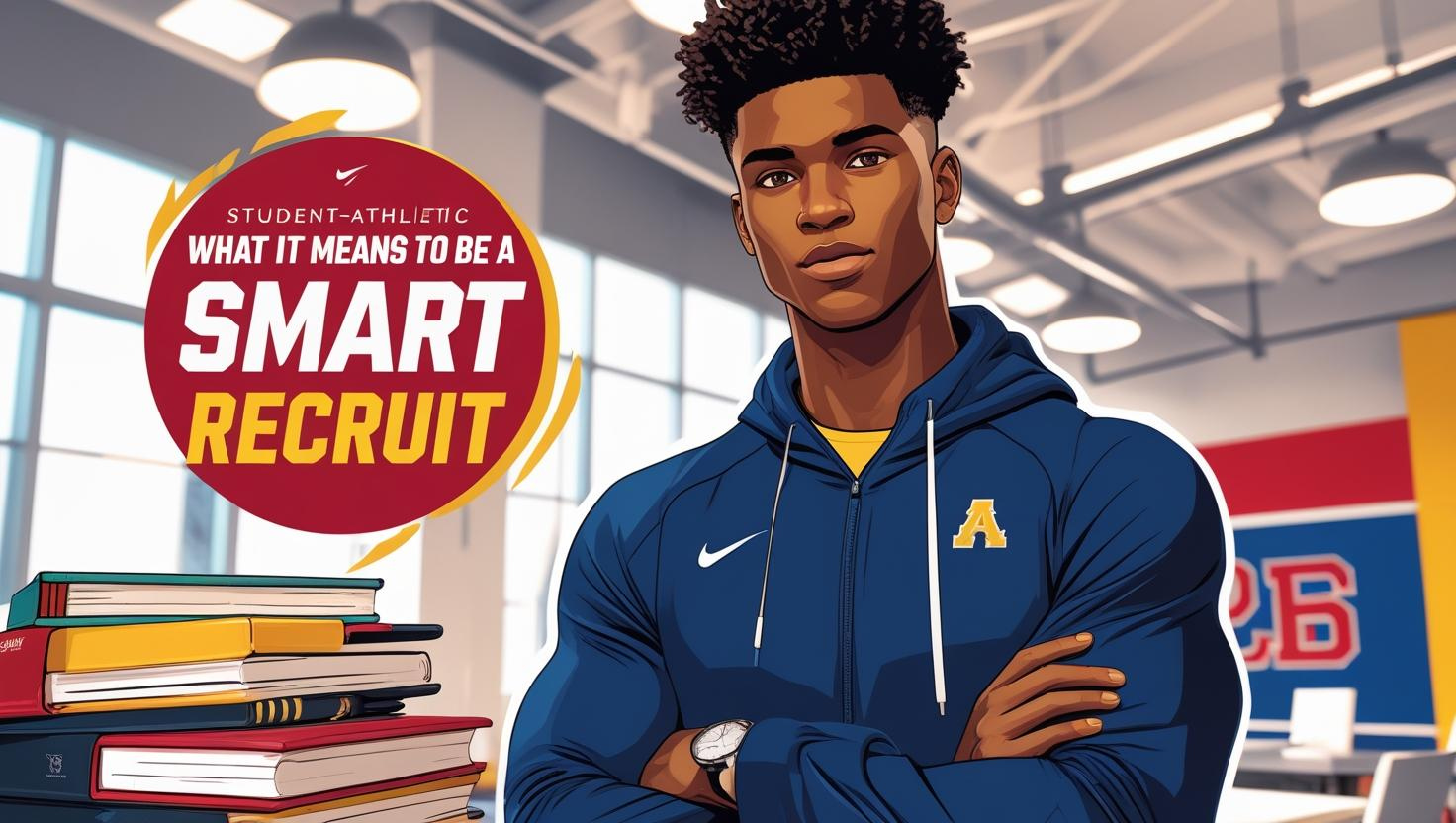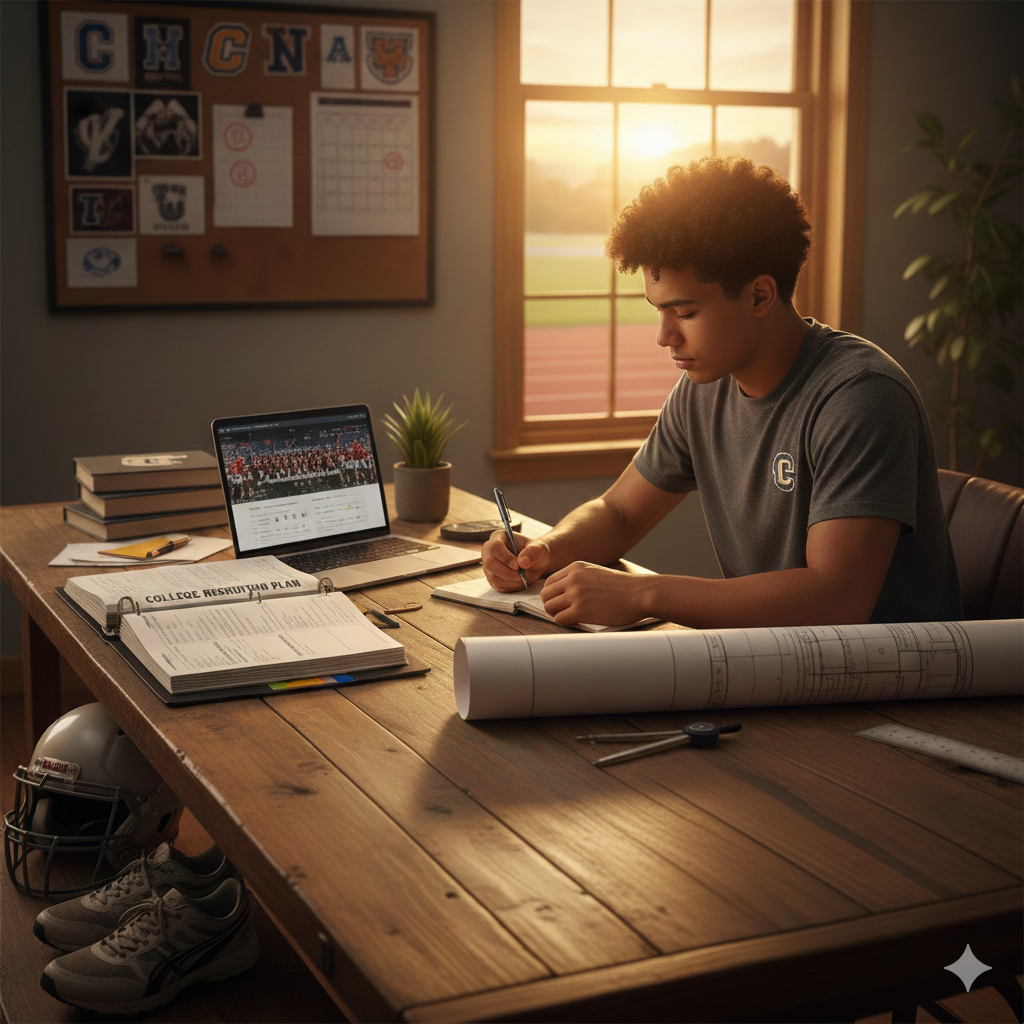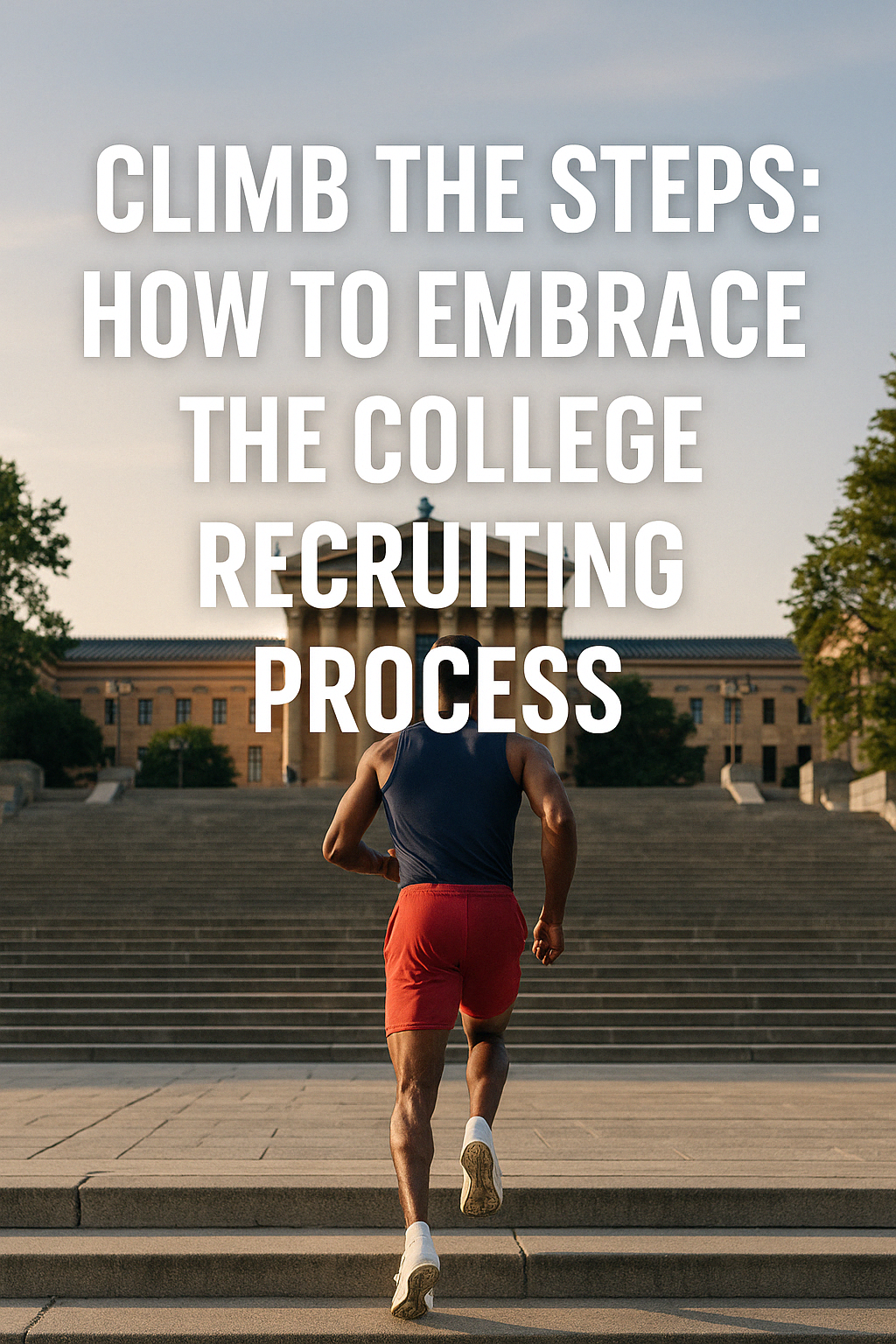Starting the Clock: Navigating College Recruiting After June 15
The journey of a thousand miles begins with a single step."
- Lao Tzu

June 15 is more than just another date on the calendar for aspiring student-athletes. It marks a significant milestone in the college recruiting process, particularly for those eyeing opportunities in Division I and Division II schools. This day, known as the first contact date, is when college coaches are officially allowed to initiate direct communication with recruits. However, it's crucial to understand that June 15 is just the beginning of a long and dynamic journey. It’s the starting line, not the finish line.
What Does June 15 Mean?
For many student-athletes (NOT ALL SPORTS) June 15 is a day filled with anticipation. (Check the rules for your sport) After this date, college coaches can start reaching out via phone calls, emails, and social media to express their interest. It’s a moment many athletes dream of—finally hearing directly from the coaches they've admired and hoped to impress. But it’s important to recognize that this is merely the start of a process that will unfold over the coming months and years.
The Clock Has Started
Think of June 15 as the moment the stopwatch starts ticking on your recruiting journey. It’s not a sprint but a marathon. Here are key steps to take as you embark on this path:
1. Stay Calm and Organized
The first contact can be exciting and overwhelming. Stay calm, keep track of communications, and create a system to organize your interactions with various coaches. This could be a simple spreadsheet or a dedicated app that allows you to note dates, names, and details of each interaction.
2. Research and Prepare
Use this time to research the programs that reach out to you. Understand their academic and athletic offerings, team culture, and how you might fit into their program. Preparation is key to making informed decisions. Delve into each school's strengths, the success of their athletic programs, and the academic support they offer athletes.
3. Showcase Your Skills
Continue to work hard both academically and athletically. Keep updating your highlight reels and maintain strong grades. Coaches are looking for well-rounded individuals who excel both on and off the field. Regularly update your profiles on recruiting platforms and make sure your social media reflects your commitment and passion for the sport.
4. Engage Actively
Respond to coaches promptly and thoughtfully. Ask questions that matter to you, such as inquiries about scholarship opportunities, the team’s training regimen, and academic support for athletes. Show genuine interest in their program and be prepared to discuss how you can contribute to their team’s success.
5. Visit Campuses
If possible, schedule unofficial visits to campuses. Seeing the facilities, meeting current team members, and getting a feel for the campus atmosphere can be incredibly valuable in making your decision. These visits will give you a firsthand look at where you might spend the next few years of your life.
It’s Your Journey
The most important thing to remember is that the recruiting process is unique for every student-athlete. It’s essential to stay true to yourself and your goals. Here are a few additional tips to keep in mind:
- Set Personal Goals
Define what you want from your college experience. Whether it’s a specific academic program, a location, or a team dynamic, knowing your priorities will help guide your decisions. Consider factors like campus size, distance from home, and the overall college experience you’re seeking.
2. Be Patient
Recruiting can be a lengthy process. Offers may not come immediately, and that’s okay. Stay focused on your goals, and trust that the right opportunity will come. Keep improving your skills and remain proactive in your communication with coaches.
3. Communicate Clearly
Keep your parents, coaches, and advisors in the loop. Their support and guidance can be invaluable as you navigate the recruiting landscape. Regularly update them on your progress and seek their advice when needed.
4. Enjoy the Process
While it can be stressful, this is also an exciting time. Embrace the journey, celebrate your achievements, and look forward to the opportunities ahead. Remember to enjoy your high school experience and make memories with your teammates and friends.
Beyond June 15
Remember, June 15 is just the beginning. The recruiting process will evolve, with different timelines and milestones for everyone. The key is to remain proactive and engaged. The clock started ticking on June 15, but it’s up to you how you manage your time and efforts moving forward.
- Building Relationships
Building strong relationships with coaches is crucial. They want to know you as a person, not just as an athlete. Here are some tips for fostering these connections:
2. Be Genuine
Authenticity is key. Coaches can tell when a recruit is genuinely interested in their program. Be yourself and let your passion for the sport shine through in your communications.
3. Show Appreciation
A simple thank you goes a long way. Whether it’s after a visit, a phone call, or receiving an offer, expressing gratitude can leave a lasting positive impression.
4. Keep Coaches Updated
Regularly update coaches on your progress. Whether it’s a new personal best, an academic achievement, or an upcoming tournament, keeping them in the loop shows your dedication and continued interest.
Leveraging Technology
In today’s digital age, technology plays a significant role in the recruiting process. Here’s how you can leverage it to your advantage:
- Social Media
Use social media platforms like Twitter, Instagram, and LinkedIn to showcase your athletic achievements and academic successes. Follow and engage with college programs, share your highlight reels, and maintain a positive online presence.
2. Recruiting Platforms
Join recruiting platforms like College Fit Finder, Productive Recruit, Hudl, or BeRecruited to create a comprehensive profile. These platforms allow coaches to find you and provide a centralized location for your athletic and academic information.
3. Video Highlights
Create and update your highlight reels regularly. Make sure they are easily accessible to coaches, either through your recruiting profile or by sharing links in your communications.
The Role of Academics
Never underestimate the importance of academics in the recruiting process. College coaches are looking for athletes who are committed to their education and capable of balancing both academic and athletic demands.
- Stay Focused on School
Maintain strong grades and strive for excellence in your studies. A high GPA can open doors to additional scholarship opportunities and make you a more attractive recruit.
2. Test Scores
Prepare for standardized tests like the SAT or ACT. Good test scores can bolster your academic profile and increase your chances of admission to competitive programs.
3. Time Management
Develop strong time management skills. Balancing academics and athletics in college will be challenging, and demonstrating your ability to handle these demands now will impress coaches.
Embracing the Journey
The recruiting process is a journey of growth and self-discovery. It’s an opportunity to learn more about yourself, your goals, and what you want from your college experience. Embrace the challenges and celebrate your progress.
Final Thoughts
June 15 is a significant date, but it’s just one step in a much larger journey. Stay focused, be prepared, and most importantly, enjoy the process. Your hard work and dedication have brought you to this point, and now it's time to seize the opportunities that lie ahead. The clock is ticking, but you control the pace. Embrace the journey, and let your passion and perseverance guide you to success.
Whether you receive multiple offers right away or continue to build relationships with coaches over time, remember that your journey is unique. Stay committed, stay positive, and let your love for the sport and your academic aspirations lead the way. The road ahead is full of possibilities, and it all starts now.












